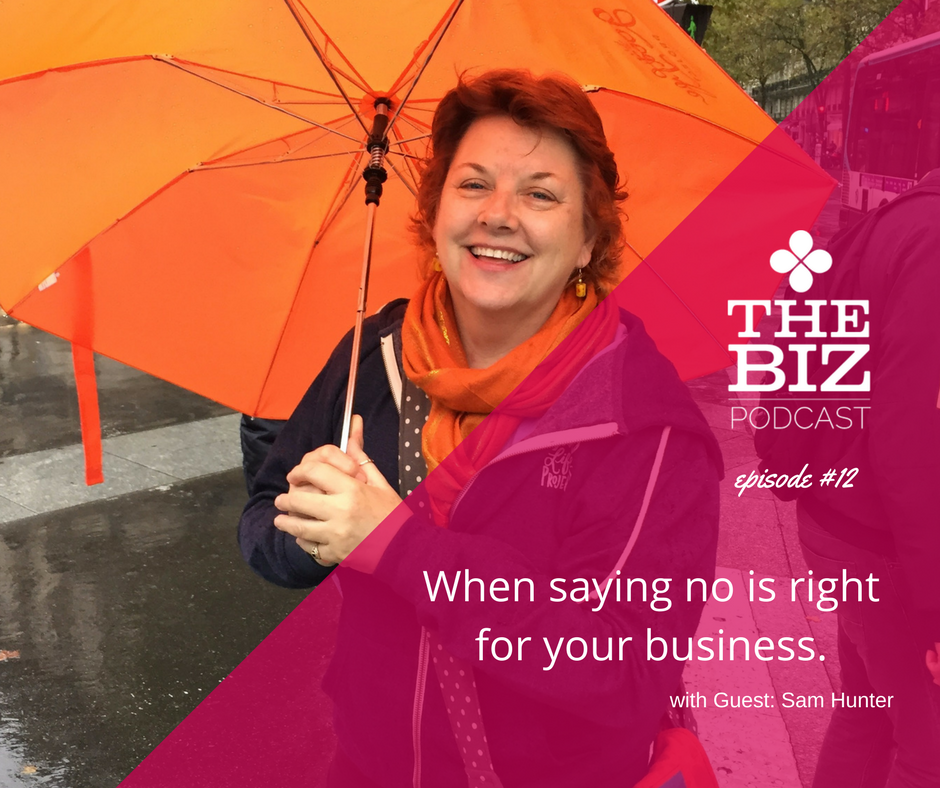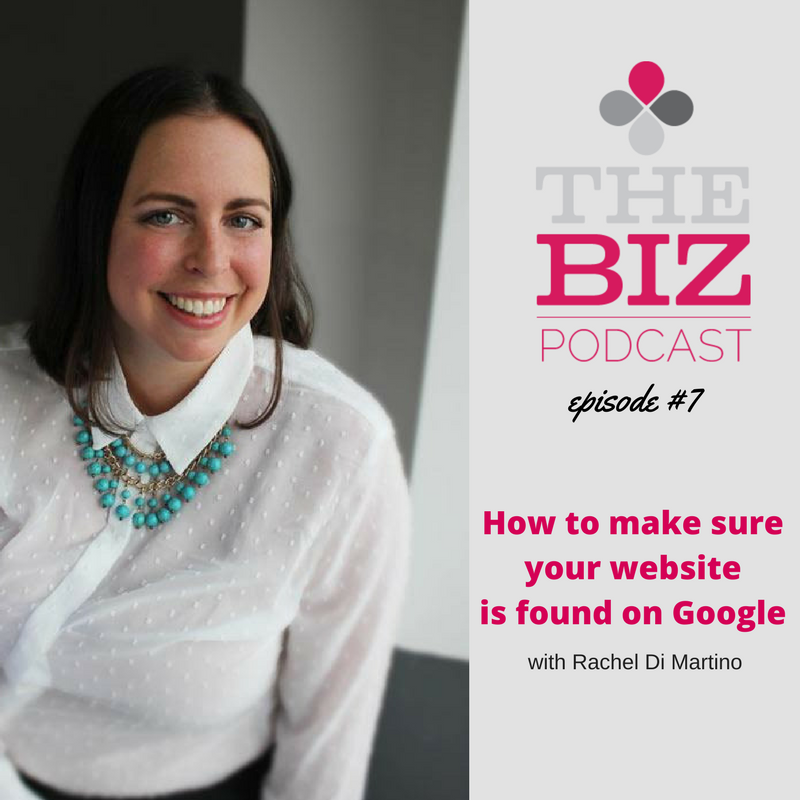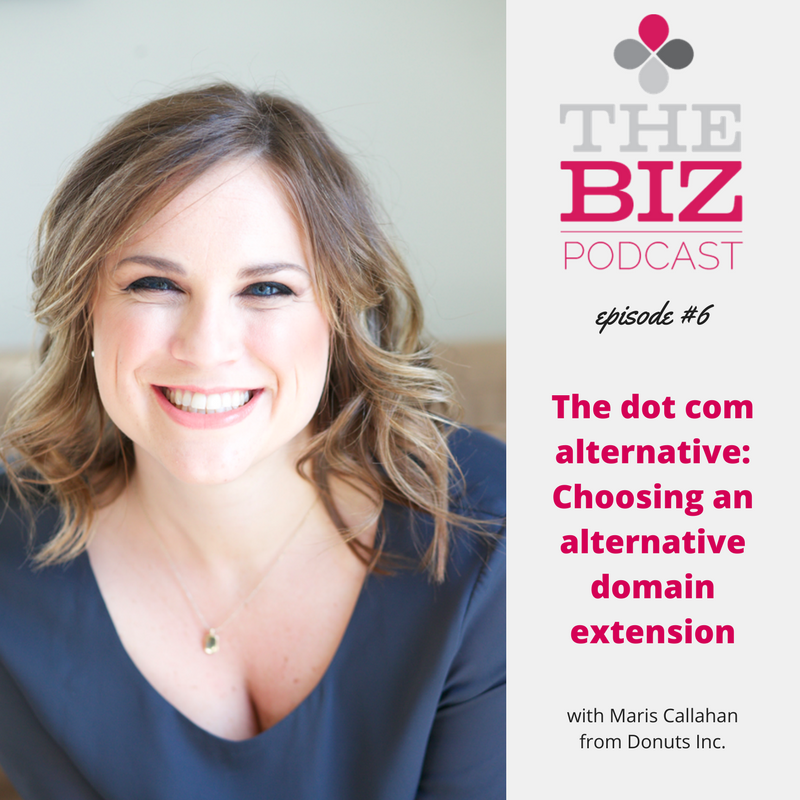I hate planning - I really do. I'm the kind of gal who likes to fly by the seat of her pants; who likes to let inspiration take hold and GO GO GO!
There are so many reasons I hate it - any of these sound familiar?
I don't have time
I'm not ready for planning
Planning stifles my creativity
I'm doing fine without it
I don't follow the plans anyways!
It's all in my head so I don't need to write it down
If you've thought any of these things, let's keep talking and I'll tell you why I DO plan, even though I still think and feel these things on a regular basis.
I don't have time
This is never going to go away - you're always going to have too much to do. You need to book in the time.
If you don't COMMIT to the time, you're not going to get things done. You need to figure out how to commit - do you need a coach? Do you need an accountability partner? Do you need to book a day out of your office somewhere to work on?
If you don't stop and think about your business, you end up missing all the places you have money you can be saving or making, all the places you can be saving time, or all the places that need re-evaluating.
You might be amazed how much extra time and money you find just stopping for a day and thinking about what you're doing and why.
I'm not ready
There are so many times when I'm talking to people and they tell me they aren't ready to work with a coach or stop and work on planning because they don't know what they want to do next.
I get it, you don't want to waste time working on the wrong thing; it's easier to stick with the status quo for now.
HOWEVER, if you don't stop and try to figure it out, if you don't talk to a coach or go through a workbook on planning, you're never going to make the time to get ready and you're going to keep running on that hamster wheel indefinitely.
Don't let 'not feeling ready' stop you from taking the next step in your business.
It stifles my creativity / I won't do it anyways
This is a BIG one for me. I never know what I want to do next. I don't want to be told what to do. This makes wanting to sit down and decide far in advance what will be happening next extremely unappealing to me.
The important thing to remember here is that we need to set realistic expectations when it comes to the results of our planning. Not every single thing we plan is going to work out. Not every single plan is going to be the right decision for us. We need to be ready to learn, explore, and experiment. If we make plans and decide in a month that we made the wrong plan and need to change it - that's OK. It also doesn't mean that the time you took planning was a waste of time. You learned a lot from making the plan and then figuring out what about that plan isn't something you want to do in your business.
Here's the other thing - when you think about planning that doesn't work for you, maybe you're thinking about the wrong kind of planning!
Not every method of planning works for every person. If you balk at the idea of step-by-step plans with dates attached, maybe you need to be more flexible with the way you plan and come up with ideas. Be willing to experiment and play to your strengths.
It's all in my head and that's working fine!
Getting things out of your head so you can look at it from a different angle is so important. It's really hard to get a true picture of everything when it's in your head. Things get forgotten, and you can't think of every possibility. You need to see things from other perspectives.
While a lot of the times we can easily talk ourselves out of doing the planning because we're so busy, we don't feel ready or we feel it's going to be a waste of time, the truth is that it IS worth the time and effort to stop and re-evaluate. I challenge you to commit to some planning and goal setting for your business in the next month and see what happens!
What to do next
1) Book time to work on your business
2) Bring someone else in to help support you: a coach, a friend, or take a course. Find a person you can talk things through with.
3) Don't be afraid of planning - there is a system for each style of thinking and way of working - you just need to figure out what the right system is for you.
4) Set realistic expectations - if you think that you're suddenly going to make 100% more profit once you do some planning and it doesn't work, you're going to be really frustrated. Know that a lot of this is all about just spending time thinking - not every idea of plan is THE best one, but the act of doing the planning will help you in the long run.
5) Stop keeping everything in your head - talk it out to someone and get their feedback, voice record yourself and listen back to it, or just write it down. Take the time to see what things look like when it's more than just ideas floating around in your head.
If you're looking for more support you can:
Join my free Facebook Community
Book a call with me to see if we're a good fit for coaching
Subscribe to the podcast
YOU MAY ALSO LIKE THESE EPISODES:
#1: Three strategies to get the life and biz you want
#4: Where to start before starting a business
#5: Moving your business beyond the startup stage









